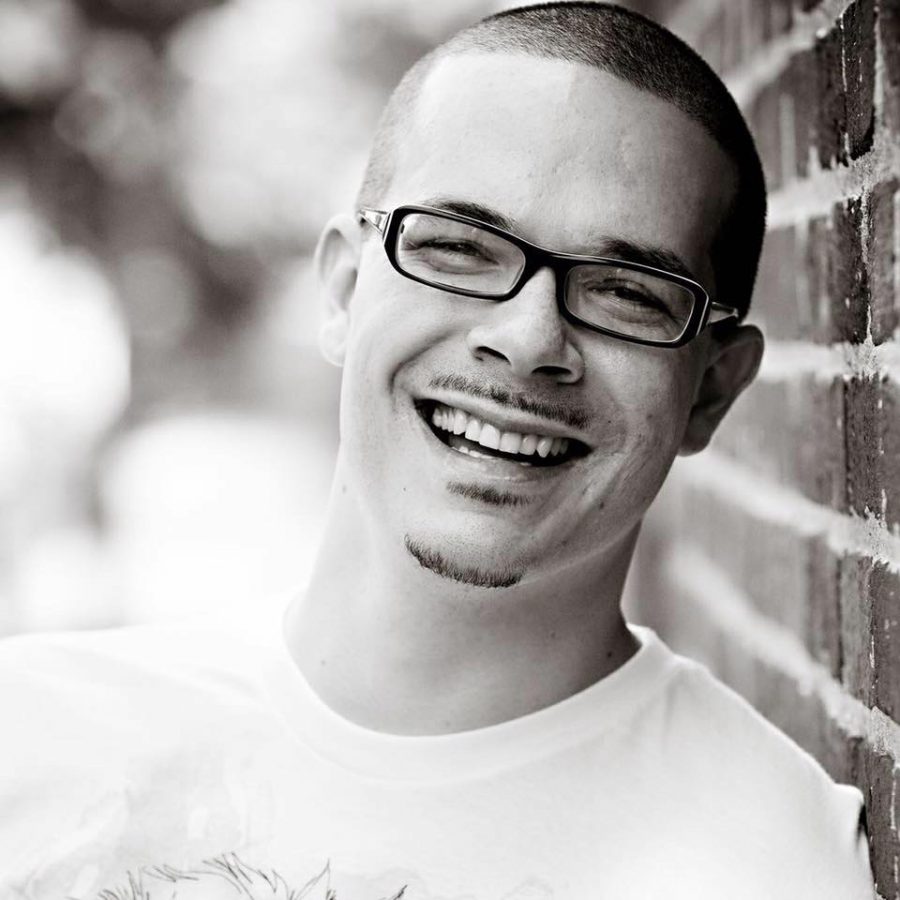
Members of the Marquette and Milwaukee communities came together to hear civil rights activist Shaun King speak on campus last week. King played a vital role in the Black Lives Matter movement and currently serves as the senior justice writer for the New York Daily News.
King spoke about many different issues, including police brutality, mass incarceration and how we can create real change in our systems and communities.
At one point, King asked all the students in the crowd to raise their hands. From what I could tell, it would be generous to say even a fourth of the audience was students. I was surprised that more students, regardless of personal and political opinions, wouldn’t take advantage of an opportunity to hear someone so involved in our nation’s current events.
Perhaps we allow violence and injustice to overwhelm us and make us feel as if we can’t make a difference, but refusing to remain passive is often easier than we may think. As King noted, frustration can be a major source of inspiration and signal a growing passion within us.
Utilizing our voices can take many different forms. As Marquette students, we’re lucky to have opportunities like service, community discussions and speakers such as King to show activism and solidarity. King’s speech was a conscious reminder to engage in opportunities that help us see beyond our comfortable Marquette bubble.
Introducing King, local civil rights activist and writer Reggie Jackson expressed these exact sentiments. He reiterated the current injustices in our city and urged the audience to stay informed to be an active voice for change in Milwaukee. The first step in creating change in society is promoting change in our local community.
We live and learn in a city that has experienced many of the issues that plague people all across our nation. The worst thing that we can do as students is be indifferent about the issues. For these four years of college, we are given the chance to see and hear people like these two very influential activists and participate in discussion with them and our peers. We need to seize these opportunities now while we have the chance.
King was quick to dispel the common misconception that humanity, like technology, has experienced a bar graph-like positive growth throughout time. Instead, he argued that human development is not a steady progression, but a series of peaks and valleys.
He used examples like the Holocaust and the transatlantic slave trade to show how throughout history, humanity can experience setbacks and declines, even as our world keeps improving as a whole.
This was a humbling but important realization to understand. After all, awareness is the first critical step in recognizing we as a society are stuck in a valley. Only then can we organize in hopes of rising out of it.
